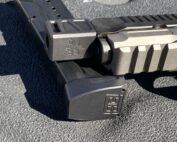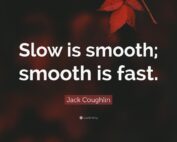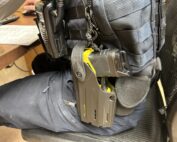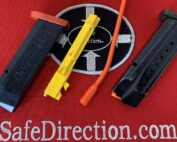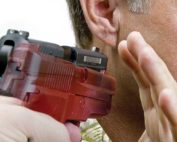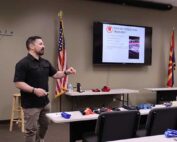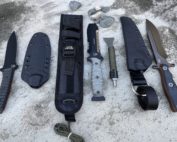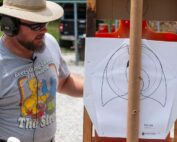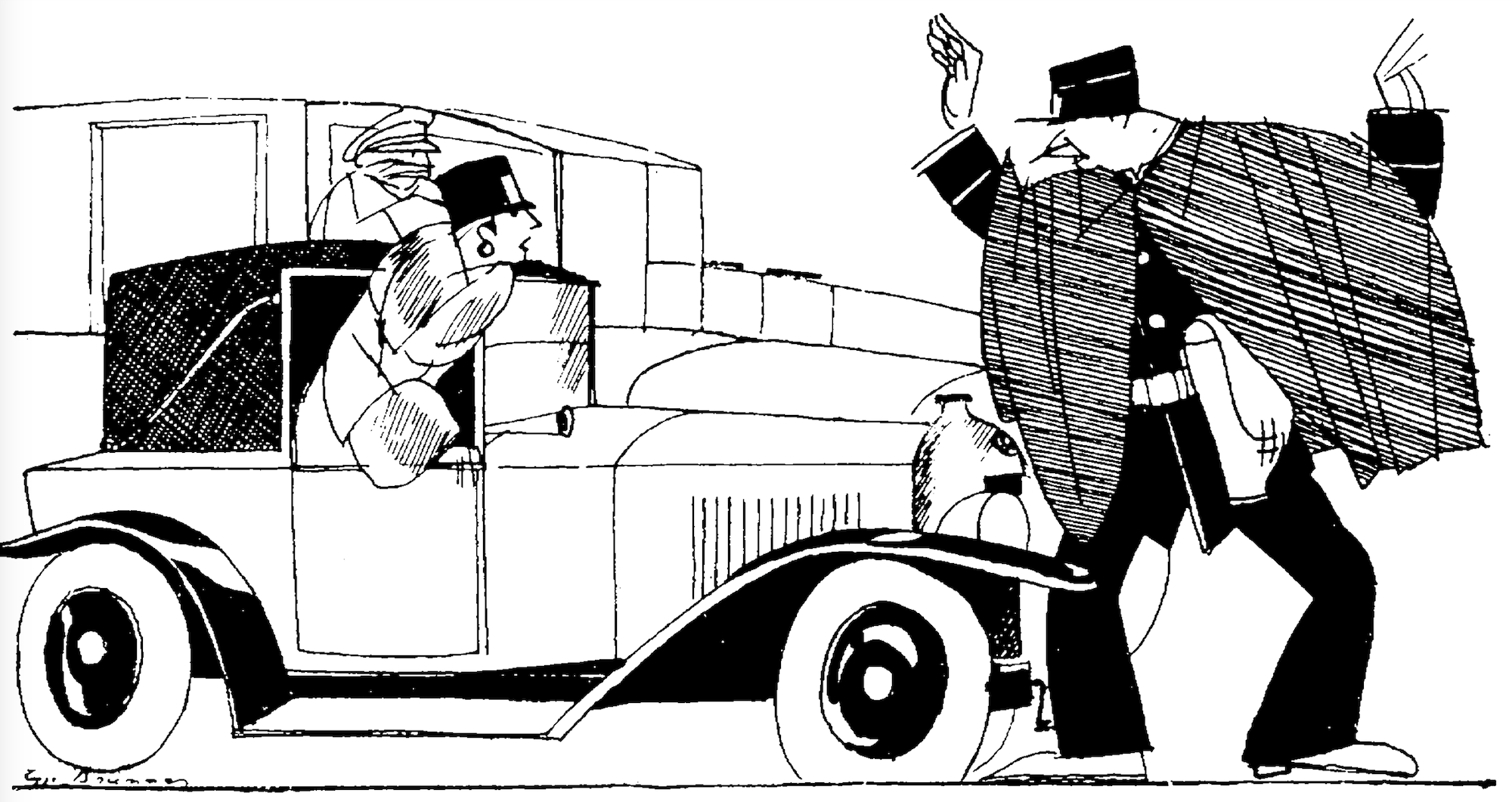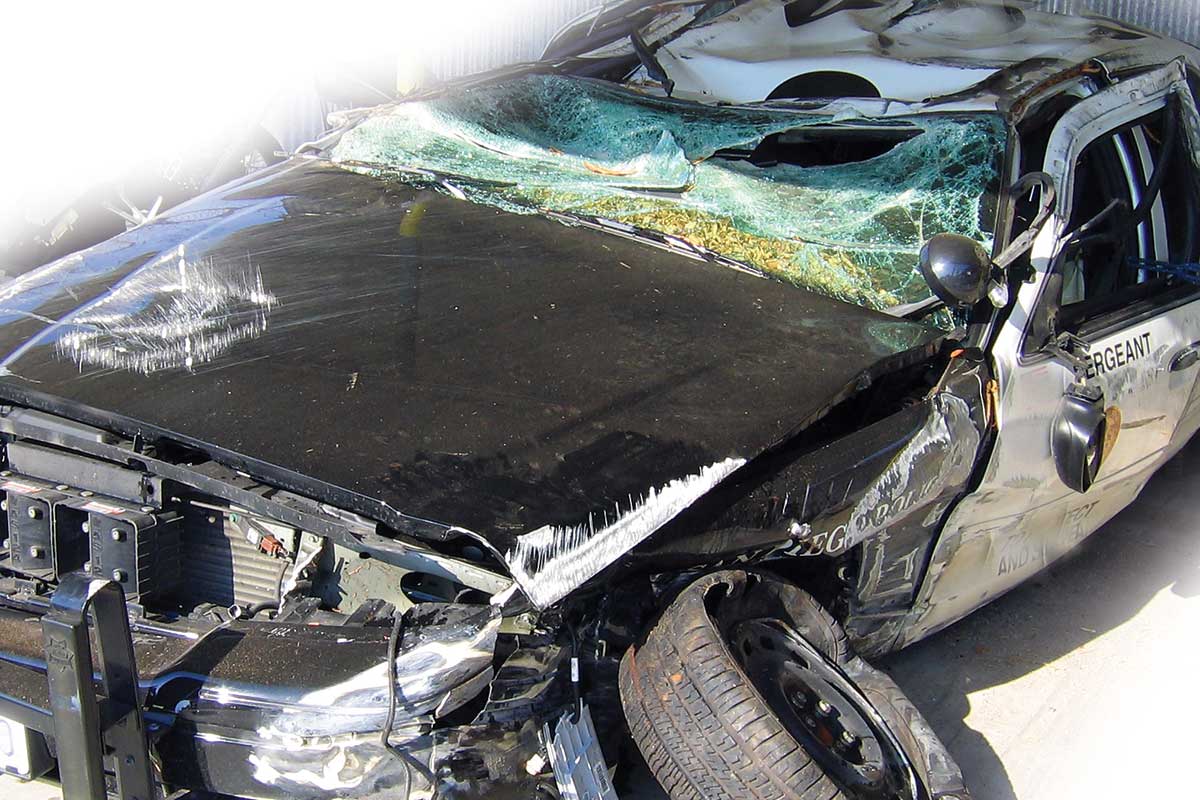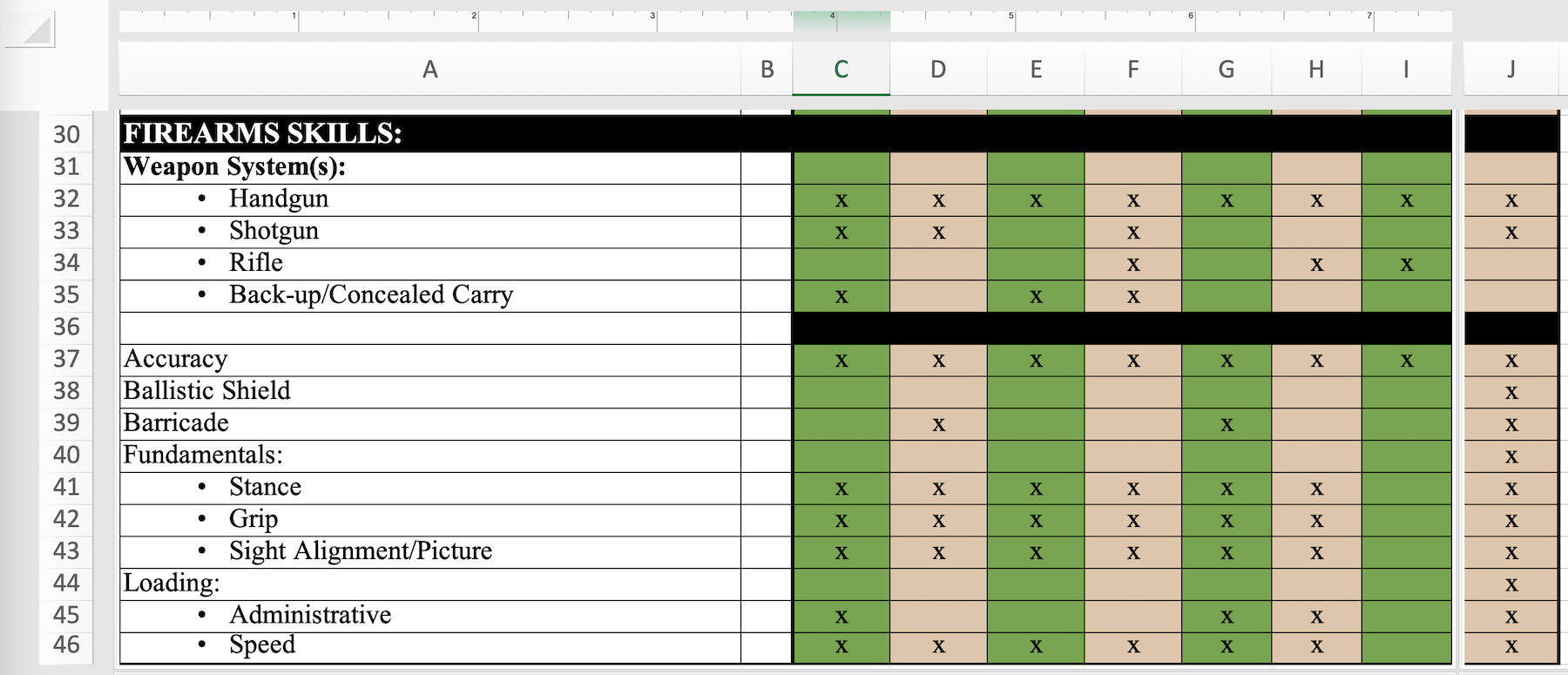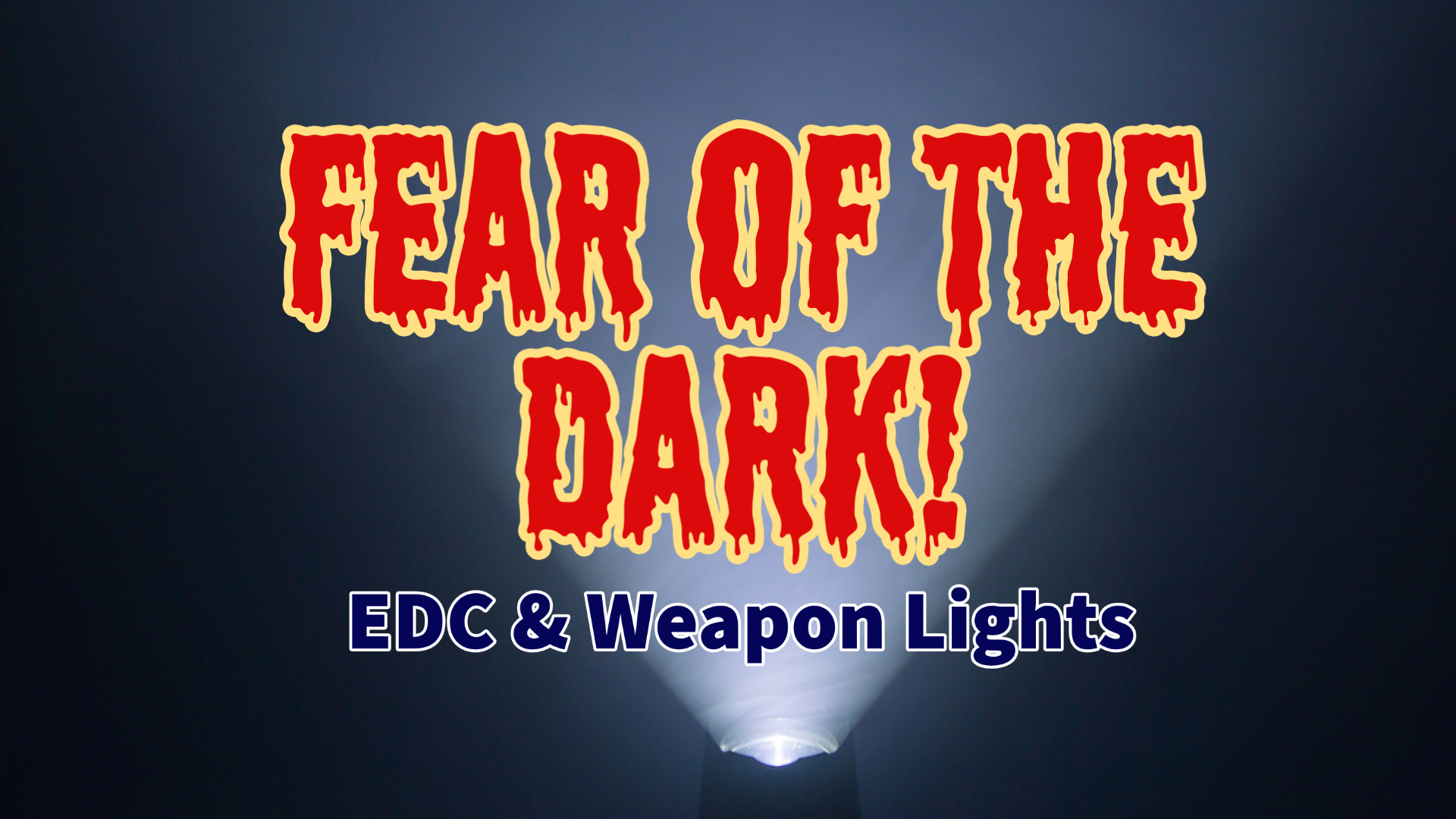
vantage-mics
Much of our world has an insatiable appetite for immediate information on everything going on around them. Television stations often feed into this need by lobbing large amounts of misinformation onto the airwaves under the guise of “breaking news.” One recent example of this disservice is the Aug. 24, 2012 shooting in front of the Empire State Building. I happened to be watching a morning “news” show (more emphasis these days is put on the show, rather than the news), when they suddenly broke from their normally scheduled chat and went to a live feed high above the shooting scene.
The hosts and the cub reporter at the scene immediately started hypothesizing what they thought had occurred. And then they began editorializing and psychoanalyzing the situation and the players. The problem is, they knew virtually nothing of what was really happening! But it didn’t stop there. Reporters grabbed “witnesses” (some even called TV stations all on their own) and allowed them to give their accounts of what they saw. Most of what the witnesses reported was marginally accurate and the totality of all the media hype was 100-percent wrong.
How do we go about our job, yet manage the public’s appetite for information, which is (over) fed by the media misinformation machine?
Police agencies need to embrace the information age on several different fronts and for several reasons. With much of the news being more opinion than straight news, it’s important we disseminate accurate information. If a shooting or other high-interest event happens, we need to send out a press release detailing the facts of the event. It’s wise to get the information out swiftly, but not in the same rush the media’s in to scoop the other guys. And if we don’t have enough information to report, still get a press release out to acknowledge the case is being worked — the public is anxious to know what we’re up to.
Keeping the public informed helps build a positive image within the community. Highlight statistics, good and bad. Yes, we might take a little heat for an increase in crime (Why aren’t the cops doing more to protect us?), but remember: knowledge is power. Talk about a particular unit and what impact they’ve had on a certain crime or neighborhood. Use press releases to welcome the community and humanize our job, and build on that to form solid working partnerships with community groups — especially the ones who are our worst critics.
Beyond press releases, an excellent way to invite the public to learn more about police work is through, say, a Citizen’s Academy. I participated in one locally to get a better look at how they do things here. My obligation to the process was a few hours every Thursday evening for approximately 10 weeks. There was a wide cross-section of people from the community, with all kinds of preconceived ideas about police. Participants asked some great questions and everybody walked away with a deeper appreciation of law enforcement. Staff who participated in the academy did so on their own time — another example of the level of commitment to the community — without whining and sniveling about it.
Public Information Officers (PIO) are an important piece of the communication process. It’s critical they’re enthusiastic and personable as they’re essentially going to be the face of your agency. And a good PIO should be adept not only with mainstream media; they should have a good working knowledge of social media, too. You do have a presence on Facebook or Twitter don’t you?
With as quick as we find ourselves having to defend our every move, it behooves us to not rely on fair and impartial reporting from the media at large. We need to take more control in getting the word out, not only to our supporters, but also to our detractors. If we don’t educate and inform the very people we’re working for (the public) with what we know is accurate and true, we can’t get upset when they make broad sweeping negative statements about us.


